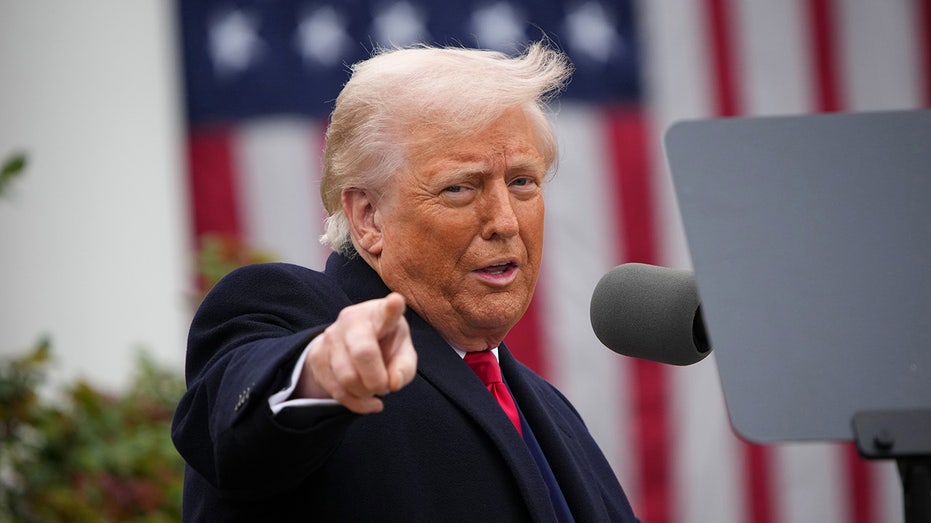- by foxnews
- 06 Apr 2025
US Virgin Islands Clarifies Entry Requirements for Travelers
Travelers do not need to test to return to the US.
- by travelpulse
- 14 Dec 2021
- in travel

The U.S. Virgin Islands Commissioner of Tourism Joseph Boschulte clarified the requirements travelers must meet to visit the U.S. Virgin Islands, noting that the one-day test requirement for returning to the United States is not required.
"While international travelers to the United States must show proof of a negative COVID-19 test (either antigen or PCR) taken within one calendar day of departure to the U.S., this only applies to the U.S. Virgin Islands if you are arriving in the USVI via air from a foreign location, such as the British Virgin Islands or Antigua," explained Boschulte.
"We are an American overseas territory, and as such, travel to St. Croix, St. John, St. Thomas or Water Island is within the United States' domestic jurisdiction," the Commissioner added.
He noted that travel to the USVI does not require a passport for U.S. citizens arriving from Puerto Rico or the U.S. mainland.
"We recognize that with new travel mandates, there can be a lot of misunderstanding of the rules," he said, adding that it is very important for tourism industry stakeholders to continue educating the traveling public that "we are part of the United States."
For U.S. travelers headed to the U.S. Virgin Islands, all those age 5 or older must use the Travel Screening Portal at usvitravelportal.com to submit the required COVID-19 test result prior to traveling to the Territory.
Tests are also required to visit the islands. Travelers need to provide evidence of a negative COVID-19 antigen or PCR test result taken within five days of commencement of travel to visit.
For those who have been vaccinated, proof of vaccine can be shown in lieu of a test.
Travelers should also note that the new federal one-day testing requirement for international travel does not apply to marine travel to the USVI. International marine travel still follows a five-day testing window, and certain vaccination requirements apply to non-U.S. persons.
- by foxnews
- descember 09, 2016
Viral photo of McDonald's PlayPlace prompts superfan to reveal fast-food chain's stray from nostalgia
McDonald's superfan shares the standout PlayPlaces he has seen after a viral photo showed a "heartbreaking" McDonald's PlayPlace in Franklin, Tennessee.
read more




